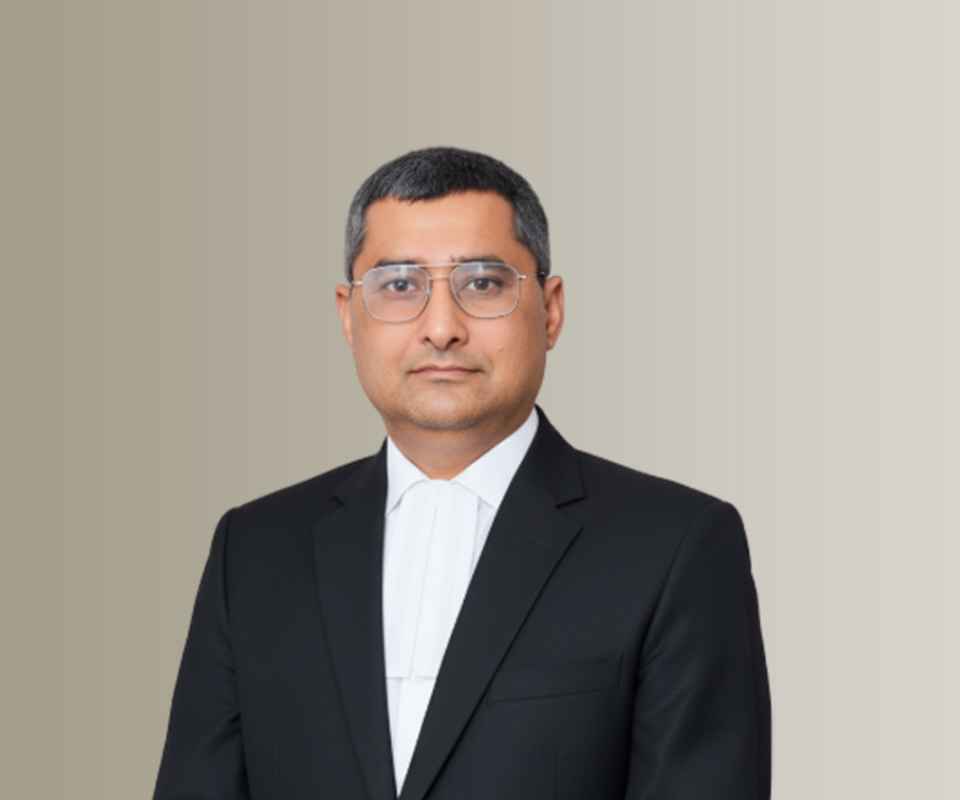Answer By law4u team
Yes, private clinics in India can be sued under the same legal principles that apply to hospitals, particularly in cases of medical malpractice, negligence, or breach of duty. Private clinics, like hospitals, are healthcare providers responsible for ensuring the well-being and safety of their patients. They must adhere to the same standards of care, and if they fail to do so, they can be held legally accountable for any harm or injury caused by their actions or inactions.
Legal Framework Governing Private Clinics:
Medical Negligence and Malpractice Laws:
Private clinics are governed by medical negligence laws, which hold healthcare providers accountable for failing to meet the standard of care expected in their practice. Medical negligence occurs when a healthcare provider, including a doctor or clinic, provides substandard care that causes harm or injury to a patient.
Example: If a private clinic's doctor fails to diagnose a condition correctly, leading to further harm, the patient may file a lawsuit claiming medical negligence.
Consumer Protection Act, 2019:
Under the Consumer Protection Act, private clinics are classified as service providers, and patients are considered consumers of medical services. If a private clinic is found to be negligent in providing adequate medical care, patients can file complaints with consumer courts seeking compensation for damages caused by poor service or negligence.
Example: A patient who undergoes a surgical procedure at a private clinic and suffers due to lack of informed consent or improper post-operative care can file a case in a consumer court, seeking compensation for the damages caused.
Indian Penal Code (IPC) - Section 304A (Causing Death by Negligence):
If a patient dies due to medical negligence at a private clinic, the clinic or the healthcare provider may be held liable under Section 304A of the Indian Penal Code (IPC), which deals with causing death by negligence. This section holds individuals or entities responsible for unintentional deaths caused by their negligent actions.
Example: If a private clinic administers incorrect medication, leading to the death of a patient, the clinic can be charged under Section 304A for causing death by negligence.
Health Laws and Regulations:
Private clinics must also adhere to healthcare regulations set by various governing bodies, such as the Medical Council of India (MCI) or State Medical Councils. If a clinic is found to be in violation of these regulations, it may be subject to disciplinary actions, including suspension of medical licenses, fines, or other penalties.
Example: A private clinic found operating without the necessary medical licenses or failing to meet sanitation and safety regulations may face legal action by the appropriate authorities.
The Code of Medical Ethics (Indian Medical Council Act):
Private clinics and their healthcare providers are also bound by the Code of Medical Ethics outlined by the Medical Council of India (MCI). Violations of this code, such as breach of confidentiality, unethical medical practices, or providing substandard care, can lead to legal consequences.
Example: If a doctor at a private clinic prescribes unnecessary treatment for personal gain or in violation of ethical standards, they may face a lawsuit for medical malpractice or negligence.
Compensation and Civil Laws:
Patients who suffer due to medical malpractice or negligence at a private clinic can file for civil damages in a court of law. The clinic may be ordered to pay compensation for medical expenses, pain and suffering, and loss of income due to the malpractice.
Example: A patient who suffers due to an unnecessary surgery performed at a private clinic may seek compensation for medical bills, lost wages, and emotional distress caused by the experience.
Defenses Available to Private Clinics:
Just like hospitals, private clinics can defend themselves in legal cases through various means:
No Negligence or Mistake in Treatment:
The clinic can argue that no negligence occurred and that the treatment provided was within the accepted medical standards.
Example: A clinic might argue that the correct procedure was followed, but the patient's condition was too severe to respond to the treatment.
Informed Consent:
If a patient was fully informed of the risks associated with a treatment or procedure, the clinic may argue that the patient consented to the treatment, reducing the liability for any negative outcomes.
Example: A clinic can present evidence that the patient was informed of all possible risks before undergoing surgery.
Expert Testimony:
Private clinics can bring in expert witnesses to testify that the treatment provided was appropriate and in line with medical standards.
Example: A medical expert may testify that the clinic’s actions were in accordance with best practices, and any adverse outcomes were unforeseen.
Example:
Example 1: A private clinic in Mumbai performs a routine appendectomy surgery. Unfortunately, during the procedure, the surgeon accidentally damages a nearby organ, causing serious complications. The patient files a lawsuit against the clinic for medical negligence. The clinic defends itself by providing expert testimony that the injury was an unfortunate, unpreventable complication. However, the court rules in favor of the patient, ordering the clinic to compensate the patient for medical expenses and suffering.
Example 2: A woman goes to a private clinic for a consultation regarding a possible diagnosis of breast cancer. The doctor fails to conduct necessary tests and diagnoses her with a benign condition. Later, when the cancer progresses to a severe stage, the woman sues the clinic for medical negligence. The clinic argues that the misdiagnosis was a result of the complexity of the condition, but the court rules that the failure to conduct basic tests was negligent, and the patient is awarded compensation.
Conclusion:
Private clinics in India are indeed subject to the same legal frameworks that govern hospitals when it comes to medical malpractice, negligence, or breach of duty. The Consumer Protection Act, Indian Penal Code, medical ethics, and health regulations all apply to private clinics, holding them accountable for the care they provide. Patients have the right to seek compensation for damages caused by negligence or malpractice, and clinics can defend themselves through various legal defenses. Ensuring adherence to medical standards and maintaining patient safety is critical for private clinics to avoid legal issues and uphold their reputation.







